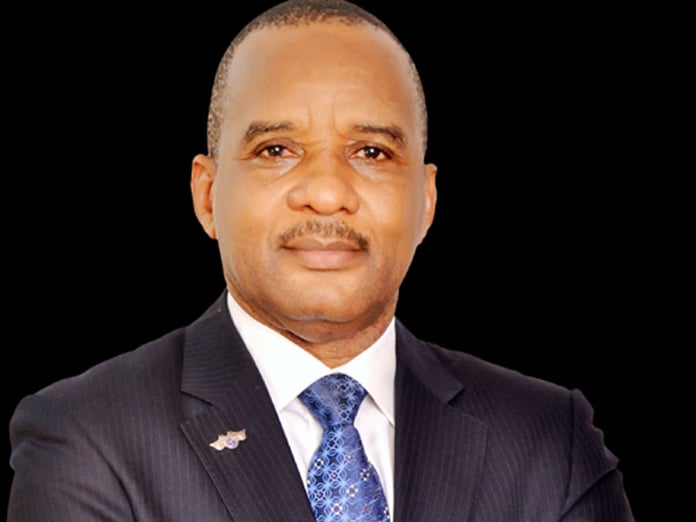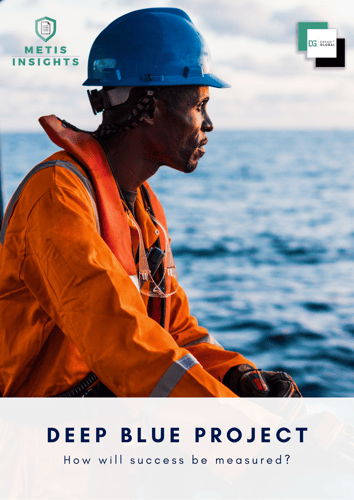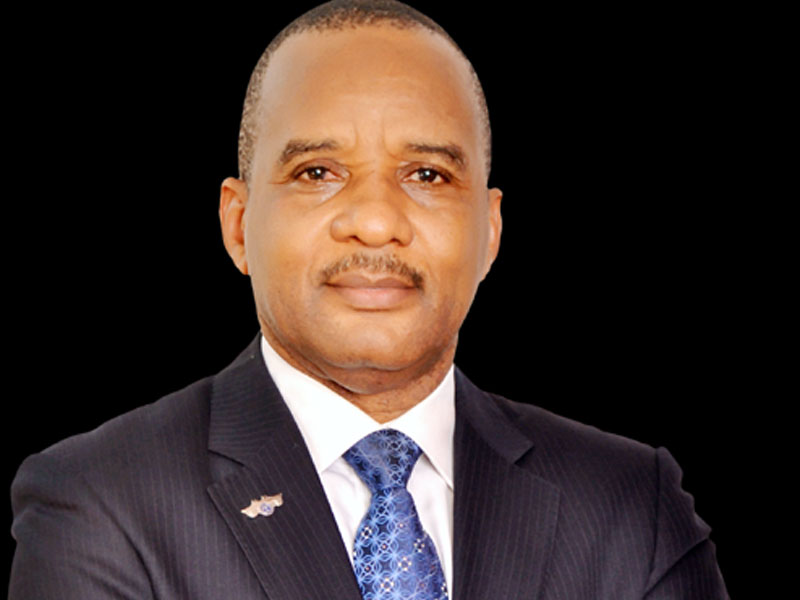A Senior Lecturer at the Department of Political Science, University of Nigeria, Freedom Onuoha, has identified likely pitfalls that the Nigerian Maritime Administration and Safety Agency must avoid for a successful execution of the $195m Deep Blue Project.

Onuoha, in a scholarly article published on Wednesday by The Conversation, said the Federal Government must avoid the mistakes of the past.
“These mistakes include an overtly militarised response to threat; negligence of the driving or enabling factors of criminality; dearth of accountability mechanisms in response initiatives; and poor appreciation of the dynamics of the wider criminal space,” he said.
He noted that the project’s largely military-centric approach had been criticised, saying, “It meant the intricate drivers of maritime insecurity, especially piracy, are ignored. These include socio-economic, environmental and governance factors that enable piracy to fester.”
According to Onuoha, much of the problem stems from state corruption, declining job opportunities, hollow maritime security forces, and weak law enforcement.
He said opportunistic foreign, corporate or individual interests that emerged afterwards only helped to expand and perpetuate criminality.
He said, “A related factor is the inter-agency rivalry, which has undermined multi-agency interventions during successive administrations. The multi-agency nature of the new project holds great promise.
“But in it lies a peril common to Nigeria’s approach to security. Rivalry and mistrust manifest among Nigeria’s agencies. This results in weak coordination, limited intelligence sharing and sub-optimal performance.
Onuoha said there were also concerns over robust internal mechanisms for ensuring transparency and accountability, which he described as paramount to the project’s success.
“Projects such as this have in the past served as avenues for vested interests to divert or misappropriate public funds. Politicians, government officials and corporate firms have been involved,” he added.
Read our Metis Insights for additional analysis on the Deep Blue Project:

He alluded to an allegation by the Minister of transportation, Rotimi Amaechi, that the Olusegun Obasanjo administration was accused of spending between $300m and $400m on equipment for fighting maritime insecurity with nothing to show for it.
The don said, “Similarly, the Goodluck Jonathan administration used the public-private partnership model. It committed resources towards acquisition of assets to fight maritime insecurity. But it was not sustainable.
“These concerns are fundamental, given that Nigeria’s finance minister, Zainab Ahmed, recently disclosed that Nigeria will borrow $1.76bn from the domestic markets to fund the fight against insecurity.”
According to the article, while it costs a pirate gang between $5,000 and $10,000 to mount an operation at sea, ransoms paid for kidnapped crew typically range from $18,000 per person to as much as $500,000.
“Without the government’s commitment in addressing these factors, the project will only be an addition to maritime security initiatives in the troubled region,” Onuoha said.
Source: Punch






